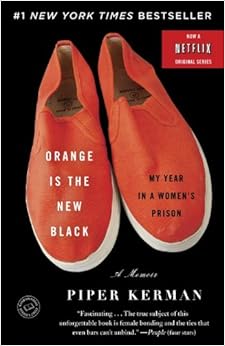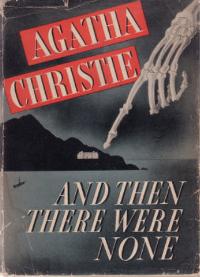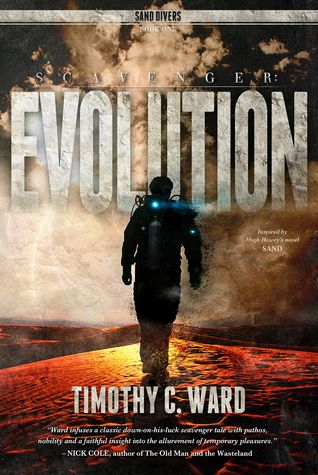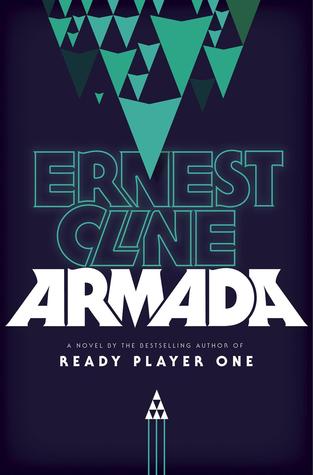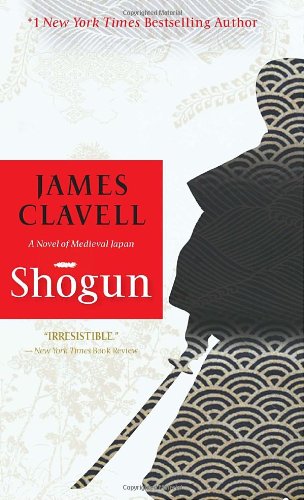So, my Hugo read so far:
[Note: I'm reading the Hugo award winning novels, starting at the beginning. Many of these I've read before, but I'm re-reading if it's been more than five years. I won't be going into too much detail, but will be giving a general recommend or not, in case you've ever wondered if the 1955 Hugo award winner was worth reading. (Hint: It's not)]
1953 - Alfred Bester / Demolished Man
Interesting, but the near lack of style and incredibly bland writing is likely to be an issue for the modern reader, this is going to be true for a lot of the Golden Age science fiction, of which this is a great example. The story features espers of varying powers, deranged businessmen, and a truly awful punishment.
RECOMMENDED
1954 - There was no winning Hugo novel for this year, as there were no Hugos. This year has a Retro Hugo, selected later: Rad Bradbury's Fahrenheit 451, which is, of course, recommended.
1955 - Mark Clifton and Frank Riley / They'd Rather Be Right (The Forever Machine)
I have to admit, by the end I was skimming. This book is terrible. The Worldcon fans should be ashamed. The basic story is about a robot that gives people eternal youth and perfect mental health in return for them abandoning all prejudices. The robot's name is BOSSY.
NOT RECOMMENDED
1956 - Robert Heinlein / Double Star
This was some of the Heinlein I'd never read before. Stylistically it's Heinlein, so clean, clear, and quick. The story is about an actor named Lorenzo who is hired to play the role of a kidnapped politician so as to hide his kidnapping.
This is one of the problems with going back to read the old ones. The plots, which were often exciting and new, from our perspective have been beaten to death. In this case, the outcome of the story is obvious early on, robbing it of some of the tension it might have had for the original audience.
That said, for Heinlein it spends considerably more time building character than you see in most of his books, and Lorenzo is entertaining. The future world is interesting, and if you generally like Heinlein's work, you'll probably enjoy this.
RECOMMENDED
1957 - In 1957, the Hugo Award was only awarded to Magazines, because of reasons. As there's been no Retro Hugo for the year, there was nothing for me to read in this spot. Instead, here's a picture of Hugo Gernsback:
1958 - Fritz Leiber / The Big Time
This was a really interesting book. Ostensibly about a secret war that rages throughout time and the zombies and ghosts who fight it, it's a well-written, moving book about the effects of war and a soldier's inability to ever really know the minds of his commanders.
The book takes place in a rest and rehabilitation center floating outside of time, and soldiers from every time period arrive to enjoy the ministrations of the young women of the center.
The book is remarkably progressive for 1958, including a variety of strong women characters, some unusual historical choices, and a few aliens to boot. And the style is lyric, with occasional bouts of surrealism. It's a book that belongs a few years down the road with the New Wave writers.
RECOMMENDED
1959 - James Blish / A Case of Conscience
Interesting book with a fascinating suggestion for future living right out of the Cold War. The general story is about a Jesuit priest and a team of scientists on a too-good-to-be-true planet, trying to decide how humanity will treat with the sentient alien, and whether they are aliens at all, or agents of Satan.
The writing is uneven. sometimes it's very well done, while others it stumbles from scene to scene. But the characters are interesting, if weakly developed, and development of the story is compelling.
RECOMMENDED
1960 - Robert Heinlein / Starship Troopers
It had been a long time since I read this book. Probably twenty-five years or more. So I was curious how well it held up. I'd forgotten that it's really just presented as a tiny slice of the war, from a single solder's perspective. It was both compelling and frustrating, as the story just tapers off with our main characters still engaged in combat, in an uncertain battle for survival.
Beyond that, I don't have a lot to say. The book has been discussed to death, and I can't think of anything I'd say to add significantly to the general opinion that it's a seminal work in modern science-fiction.
RECOMMENDED
[Next up: 61-70, which includes books like: Stranger in a Strange Land, The Man in the High Castle, Dune, and Stand on Zanzibar.]






